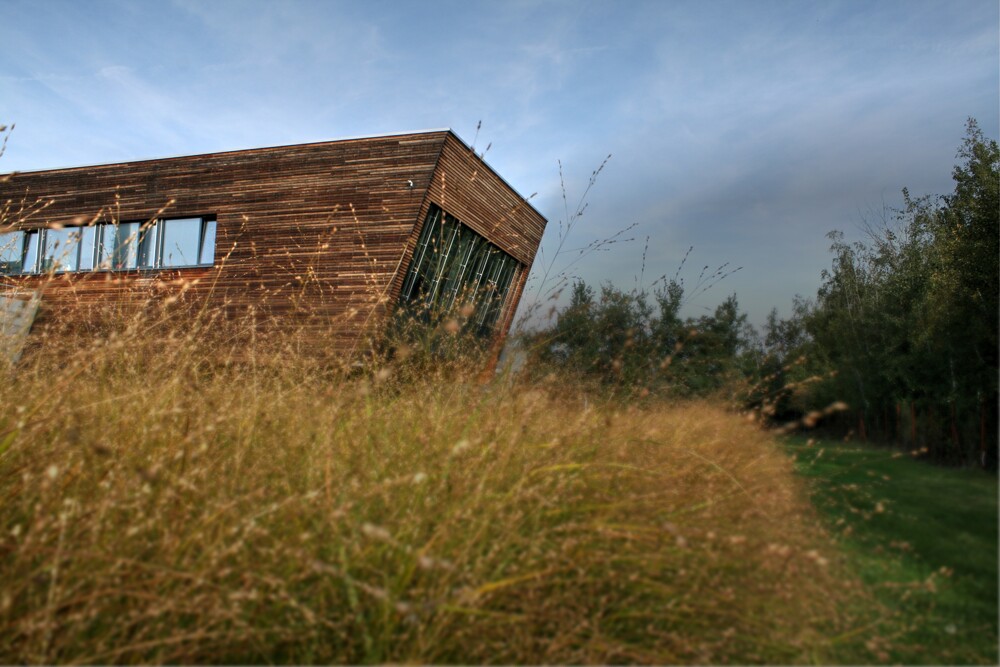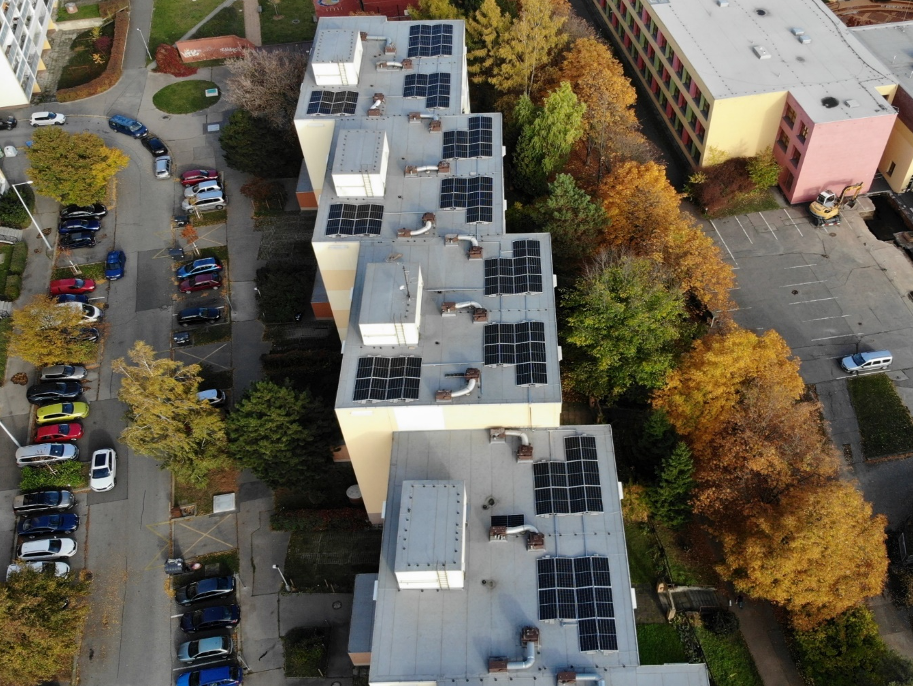
 Efficient production and sharing of own electricity in apartment buildings represent a great opportunity for apartment owners to reduce regular housing costs. The most suitable source of renewable energy is usually a photovoltaic system, which can be combined with a battery. Therefore, UCEEB CTU in cooperation with the Guild of Accumulation and Photovoltaics has prepared a one-day course for the professional public, during which participants will learn about the technical, financial and legal aspects of this issue.
Efficient production and sharing of own electricity in apartment buildings represent a great opportunity for apartment owners to reduce regular housing costs. The most suitable source of renewable energy is usually a photovoltaic system, which can be combined with a battery. Therefore, UCEEB CTU in cooperation with the Guild of Accumulation and Photovoltaics has prepared a one-day course for the professional public, during which participants will learn about the technical, financial and legal aspects of this issue.